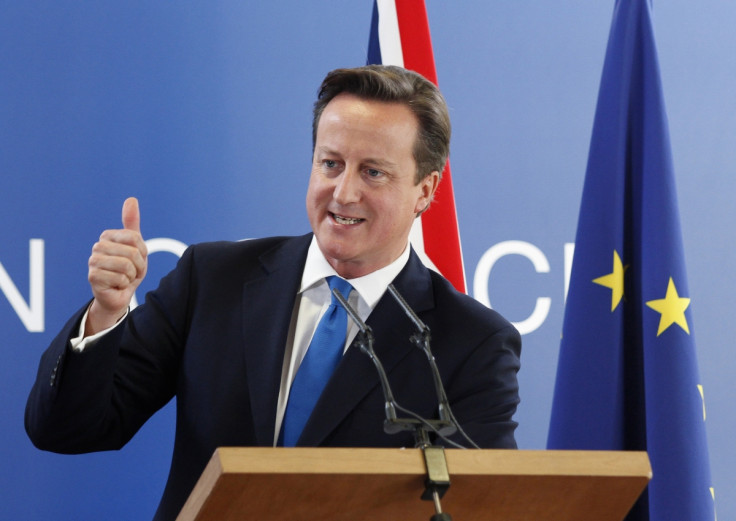EU referendum: Will Brexit polls prove more accurate than derided general election ones?

The British polling industry faced serious scrutiny after the Conservatives proved most of their surveys wrong and secured a shock majority at the general election. The British Election Study, which questioned almost 3,000 voters across 300 seats after the May result, has since suggested that "unrepresentative samples" played a big part in the inaccuracies.
The UK now arguably faces an even more important vote in the shape of the EU referendum. David Cameron has promised to hold it before the end of 2017 but some reports have claimed the vote could come as soon as June 2016. As the prime minister continues his renegotiation with Brussels, the pollsters have been pumping out more surveys.
There is a surprising disparity between the latest studies, with one poll putting 'remain' votes 17 points ahead, while a separate study narrowed that lead to just one point and a lone online survey showed the Leave vote to actually be two points ahead. The most recent studies have a range of sample sizes and methods. But as the University of Manchester's Rob Ford pointed out, the representativeness of a sample and the quality of questions fielded are important factors in determining accuracy.
A ComRes investigation has also found a notable difference between surveys conducted online and those over the phone. "Much of the polling on the EU referendum since May has been done online, and much of it points to a race which is neck and neck," the pollster said.
"But telephone polling again suggests a different story: this time not showing a modest lead of a few points, but an unequivocal lead – for staying in the EU."
Sample of the most recent EU referendum opinion polls
Remain: 53%
Leave: 36%
Method: Phone (1,040 people between 12 and 14 December)
Pollster: Ipsos MORI
Remain: 56%
Leave: 35%
Method: Phone (1,001 people between 11 and 13 December)
Pollster: ComRes
Remain: 42%
Leave: 41%
Method: Online (2,053 people between 11 and 13 December)
Pollster: ICM
Remain: 40%
Leave: 42%
Method: Online (10,015 people between 30 November and 3 December)
Pollster: Survation
© Copyright IBTimes 2025. All rights reserved.






















